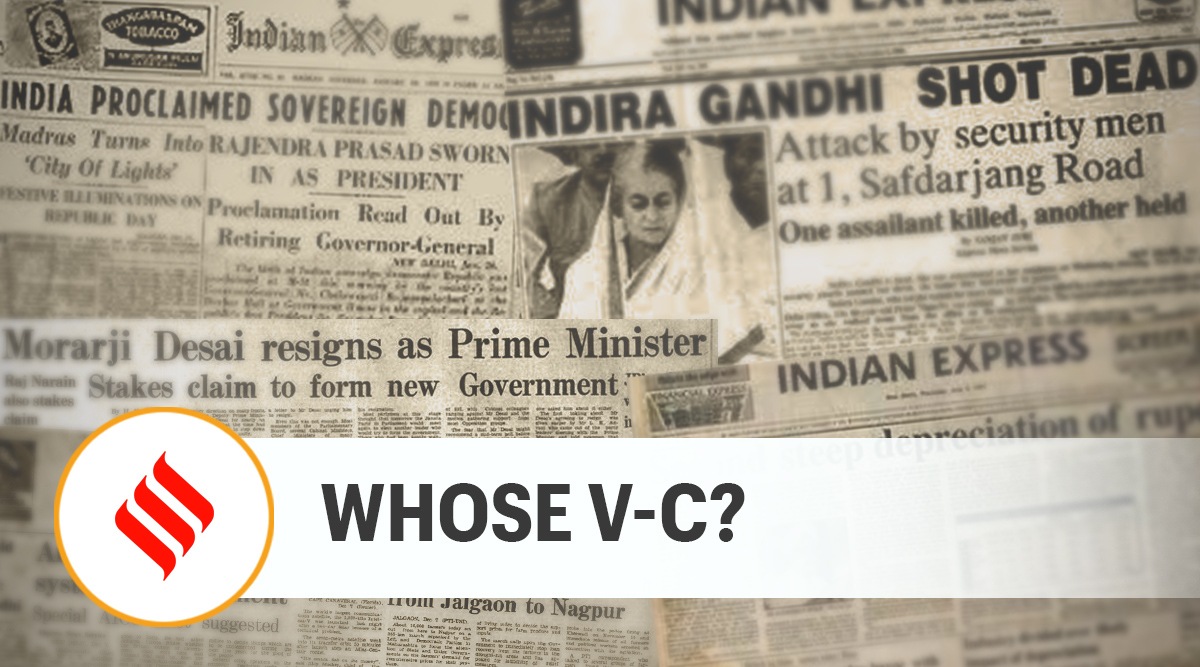 The government has accused the governor of pushing the Centre's agenda at the cost of the state's interests.
The government has accused the governor of pushing the Centre's agenda at the cost of the state's interests. The state government will be the authority, henceforth, that appoints vice-chancellors (V-C) to the 13 public universities in Tamil Nadu. The legislative assembly adopted two bills on Monday that effectively amended various Acts regulating state universities and the Madras University Act, 1923, to replace the “chancellor” — in this case, the state governor — with the “government” as the appointing authority for the post of V-C in Madras University and 12 other state universities. Before Tamil Nadu, Gujarat and Telangana governments had chosen to keep the governor out of V-C appointments. Chief Minister M K Stalin told the House that “a government elected by the people being unable to appoint the vice-chancellor to a university run by it creates a lot of issues in the overall varsity administration. This is against the democratic principles.” By all accounts, this move by the Tamil Nadu government is more of a pushback against the perceived encroachment by the office of the governor into its domain rather than being driven by any urge to improve the quality of university education.
Relations between the Tamil Nadu government and the governor have been tense for some time. The government has accused the governor of pushing the Centre’s agenda at the cost of the state’s interests. It has cited the governor’s inaction on bills passed by the Assembly — on exempting Tamil Nadu from NEET, for example — as evidence of hostile conduct by the former. However, education is a subject in the Concurrent List. Appointments to universities are regulated by the UGC Act. A recent Supreme Court order annulling the appointment of the V-C of a Gujarat varsity underlines that the state government cannot circumvent UGC regulations in appointments. In an ideal situation, the governor is the neutral arbiter in the selection of a V-C — in most states, the governor as visitor/chancellor chooses the appointee from a panel of three names recommended by a search-cum-selection committee appointed by the state government. This arrangement can check the government from making appointments on the basis of political preferences, a tendency visible in many states. Unfortunately, in states where the governor is deemed powerful, the office has often invited accusations of making appointments as a way of disbursing patronage.
This debate must move beyond who gets to appoint the V-C to matters of academic excellence. Over the years, in many states, the institution of V-C has lost much of its credibility and autonomy. The university has, in recent years, emerged as a site of political contestation, where appointments are often influenced by political preferences rather than academic credentials. Tamil Nadu must find a way of talking about the university’s future that steers clear of short-term political one-upmanship.
This editorial first appeared in the print edition on April 27, 2022 under the title ‘Whose V-C?’.
- The Indian Express website has been rated GREEN for its credibility and trustworthiness by Newsguard, a global service that rates news sources for their journalistic standards.

